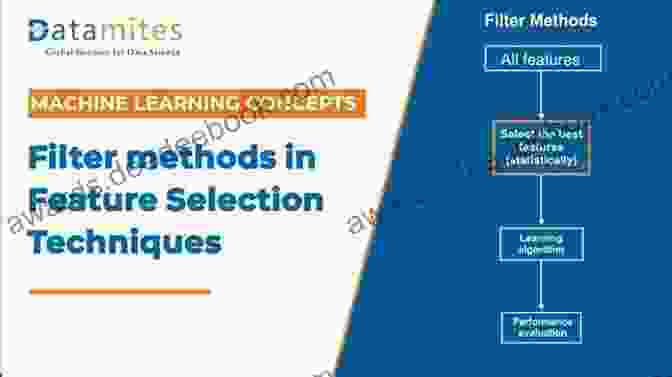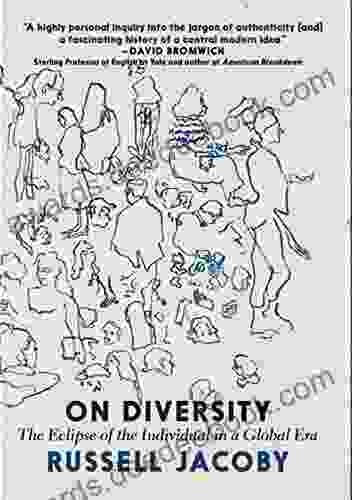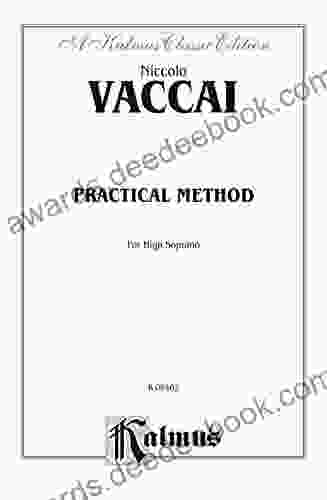Recent Advances in Ensembles for Feature Selection: Intelligent Systems for Enhanced Performance

4.5 out of 5
| Language | : | English |
| File size | : | 9273 KB |
| Text-to-Speech | : | Enabled |
| Screen Reader | : | Supported |
| Enhanced typesetting | : | Enabled |
| Print length | : | 219 pages |
Feature selection is a crucial step in machine learning and data mining tasks, as it helps identify the most relevant and informative features from a dataset. This allows for improved model performance, reduced computational costs, and enhanced interpretability.
Ensembles are a powerful technique in machine learning that combine multiple models to achieve better predictive performance. They have been successfully applied to various tasks, including feature selection.
Types of Ensemble Methods for Feature Selection
There are several types of ensemble methods that can be used for feature selection, each with its own strengths and limitations:
- Bagging (Bootstrap Aggregating): Bagging involves creating multiple subsets of the original dataset by randomly sampling with replacement. Each subset is then used to train a base model, and the final prediction is made by combining the predictions of the individual models.
- Boosting: Boosting iteratively trains base models, with each subsequent model focused on correcting the errors of the previous models. The final prediction is made by weighted averaging of the individual model predictions.
- Random Forests: Random forests construct an ensemble of decision trees, where each tree is trained on a different subset of the dataset and a random subset of features. The final prediction is made by majority vote or averaging of the individual tree predictions.
- Hybrid Ensembles: Hybrid ensembles combine different types of ensemble methods to leverage their complementary strengths. For example, a hybrid ensemble could combine bagging and boosting to improve both stability and accuracy.
Advantages of Ensembles for Feature Selection
Ensembles offer several advantages for feature selection:
- Improved Accuracy: By combining the predictions of multiple models, ensembles reduce variance and improve the overall accuracy of feature selection.
- Stability: Ensembles are more stable than individual models, as they are less prone to overfitting and can handle noisy or incomplete data.
- Robustness: Ensembles are robust to outliers and can handle datasets with different feature types and distributions.
- Scalability: Ensembles can be easily parallelized, making them suitable for handling large datasets.
Applications of Ensembles in Intelligent Systems
Ensembles for feature selection have been successfully applied in various intelligent systems, including:
- Medical Diagnosis: Ensembles have been used to identify the most discriminative features for diagnosing diseases, such as cancer and heart disease.
- Image Recognition: Ensembles have helped improve the accuracy of image recognition systems by selecting the most important features for object detection and classification.
- Natural Language Processing: Ensembles have been applied to feature selection for text classification, sentiment analysis, and machine translation.
- Financial Prediction: Ensembles have been used to select the most relevant financial indicators for predicting stock prices and market trends.
Ensembles are a powerful tool for feature selection, offering improved accuracy, stability, robustness, and scalability. By combining the strengths of multiple models, ensembles can enhance the performance of intelligent systems in various applications.
As research in ensemble methods continues, we can expect further advancements in feature selection techniques, leading to even more effective and efficient intelligent systems.

References
- Guyon, I., & Elisseeff, A. (2003). An to variable and feature selection. Journal of Machine Learning Research, 3, 1157-1182.
- Li, J., Cheng, K., Wang, S., Morstatter, F., Trevino, R. P., Tang, J., & Liu, H. (2017). Feature selection: A data perspective. ACM Computing Surveys, 50(6),1-45.
- Fernández-Delgado, M., Cernadas, E., Barro, S., & Amorim, D. (2014). Do we need hundreds of classifiers to solve real world classification problems?. Journal of Machine Learning Research, 15(1),3133-3181.
4.5 out of 5
| Language | : | English |
| File size | : | 9273 KB |
| Text-to-Speech | : | Enabled |
| Screen Reader | : | Supported |
| Enhanced typesetting | : | Enabled |
| Print length | : | 219 pages |
Do you want to contribute by writing guest posts on this blog?
Please contact us and send us a resume of previous articles that you have written.
 Book
Book Chapter
Chapter Text
Text Genre
Genre Library
Library E-book
E-book Newspaper
Newspaper Sentence
Sentence Bookmark
Bookmark Glossary
Glossary Synopsis
Synopsis Annotation
Annotation Footnote
Footnote Scroll
Scroll Tome
Tome Bestseller
Bestseller Classics
Classics Library card
Library card Biography
Biography Autobiography
Autobiography Memoir
Memoir Encyclopedia
Encyclopedia Thesaurus
Thesaurus Narrator
Narrator Resolution
Resolution Catalog
Catalog Card Catalog
Card Catalog Archives
Archives Periodicals
Periodicals Research
Research Scholarly
Scholarly Academic
Academic Journals
Journals Rare Books
Rare Books Literacy
Literacy Thesis
Thesis Dissertation
Dissertation Storytelling
Storytelling Awards
Awards Textbooks
Textbooks Neil Harrison
Neil Harrison Corinne Brown
Corinne Brown Larissa Kohler
Larissa Kohler Paul W Wang
Paul W Wang Maya Gottfried
Maya Gottfried Tim Parks
Tim Parks Caroline Rochford
Caroline Rochford Martin Kemp
Martin Kemp Helen J Knowles
Helen J Knowles Daisy Hay
Daisy Hay George F Luger
George F Luger Richard M Ketchum
Richard M Ketchum Alistair Maclean
Alistair Maclean Shawn James
Shawn James Amy Stewart
Amy Stewart Dominik Wexenberger
Dominik Wexenberger Dennis Mccarthy
Dennis Mccarthy Cat Porter
Cat Porter Steve Kornacki
Steve Kornacki John Crowley
John Crowley
Light bulbAdvertise smarter! Our strategic ad space ensures maximum exposure. Reserve your spot today!

 Cody BlairDream Wars Obliteration: Leia Stone - A Comprehensive Guide to Gathering and...
Cody BlairDream Wars Obliteration: Leia Stone - A Comprehensive Guide to Gathering and... Shawn ReedFollow ·12.7k
Shawn ReedFollow ·12.7k Deacon BellFollow ·9.6k
Deacon BellFollow ·9.6k Travis FosterFollow ·6.7k
Travis FosterFollow ·6.7k Jermaine PowellFollow ·3k
Jermaine PowellFollow ·3k Carl WalkerFollow ·10.9k
Carl WalkerFollow ·10.9k Dion ReedFollow ·9.8k
Dion ReedFollow ·9.8k Dashawn HayesFollow ·7.4k
Dashawn HayesFollow ·7.4k Greg CoxFollow ·18.1k
Greg CoxFollow ·18.1k

 Roger Turner
Roger TurnerThe Waning of the Individual in the Global Era: A...
In the rapidly globalizing world of today,...

 Reginald Cox
Reginald CoxFirst of Verbs: An Early Language
The First of Verbs (FOV) is an early...

 Cody Blair
Cody BlairThe Biography Of The Myth: Routledge Historical...
Who is the Myth?...

 Dean Cox
Dean CoxArtificial Neural Networks: Unraveling the Amazing...
Artificial Neural Networks (ANNs),...

 Kyle Powell
Kyle PowellHow To Amend Our Constitution To Rescue Democracy For All...
Our democracy is in...
4.5 out of 5
| Language | : | English |
| File size | : | 9273 KB |
| Text-to-Speech | : | Enabled |
| Screen Reader | : | Supported |
| Enhanced typesetting | : | Enabled |
| Print length | : | 219 pages |











